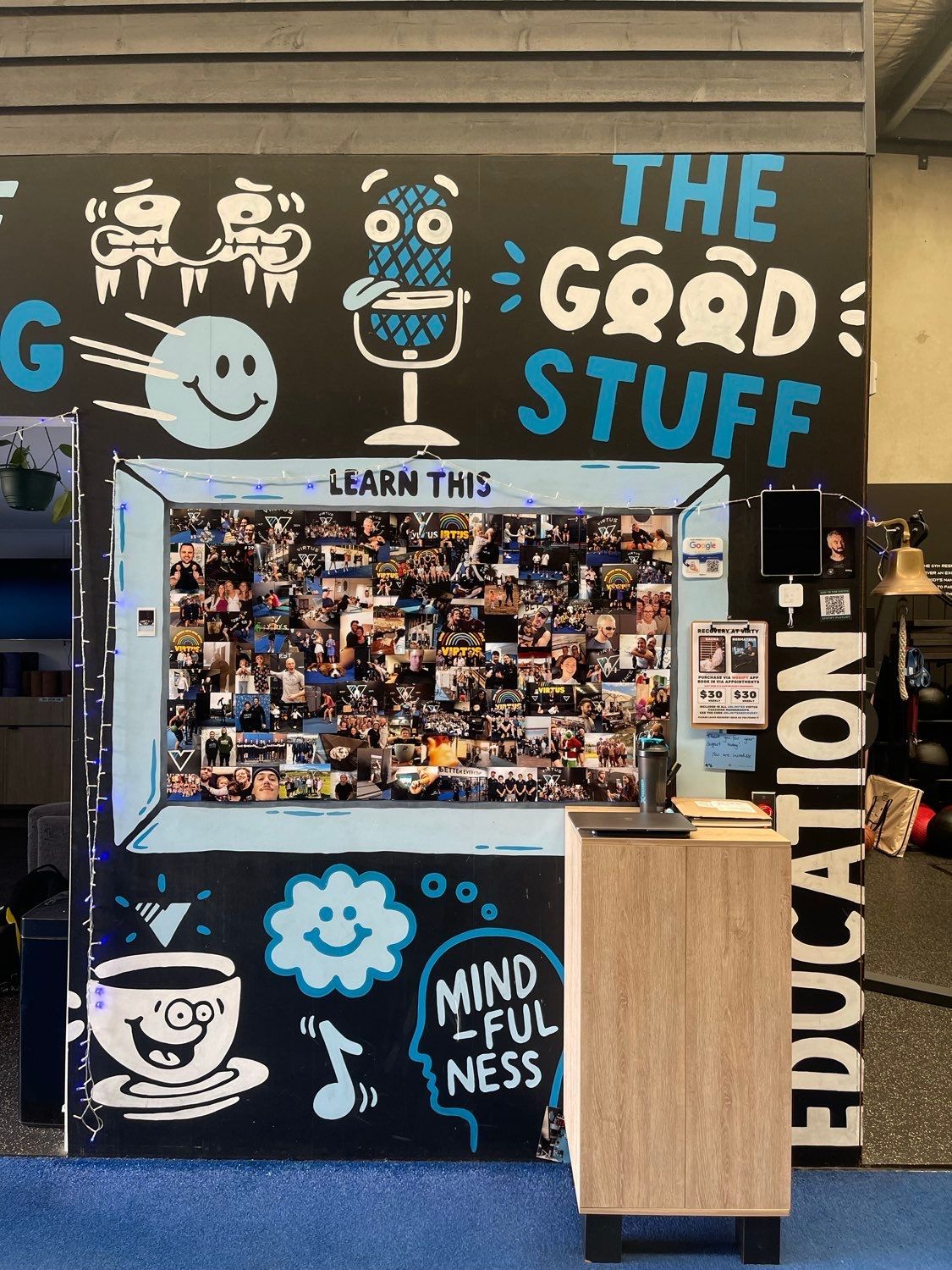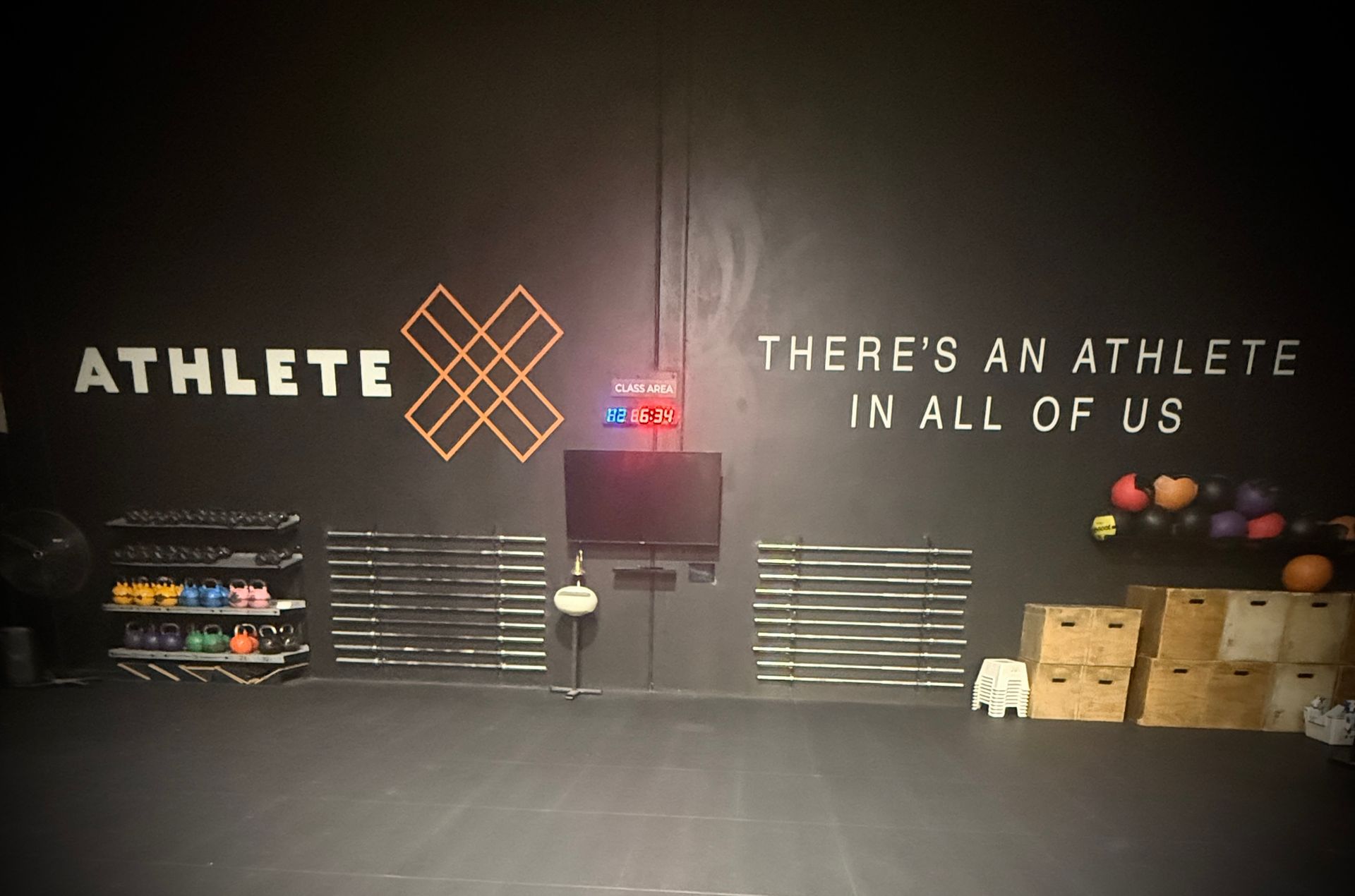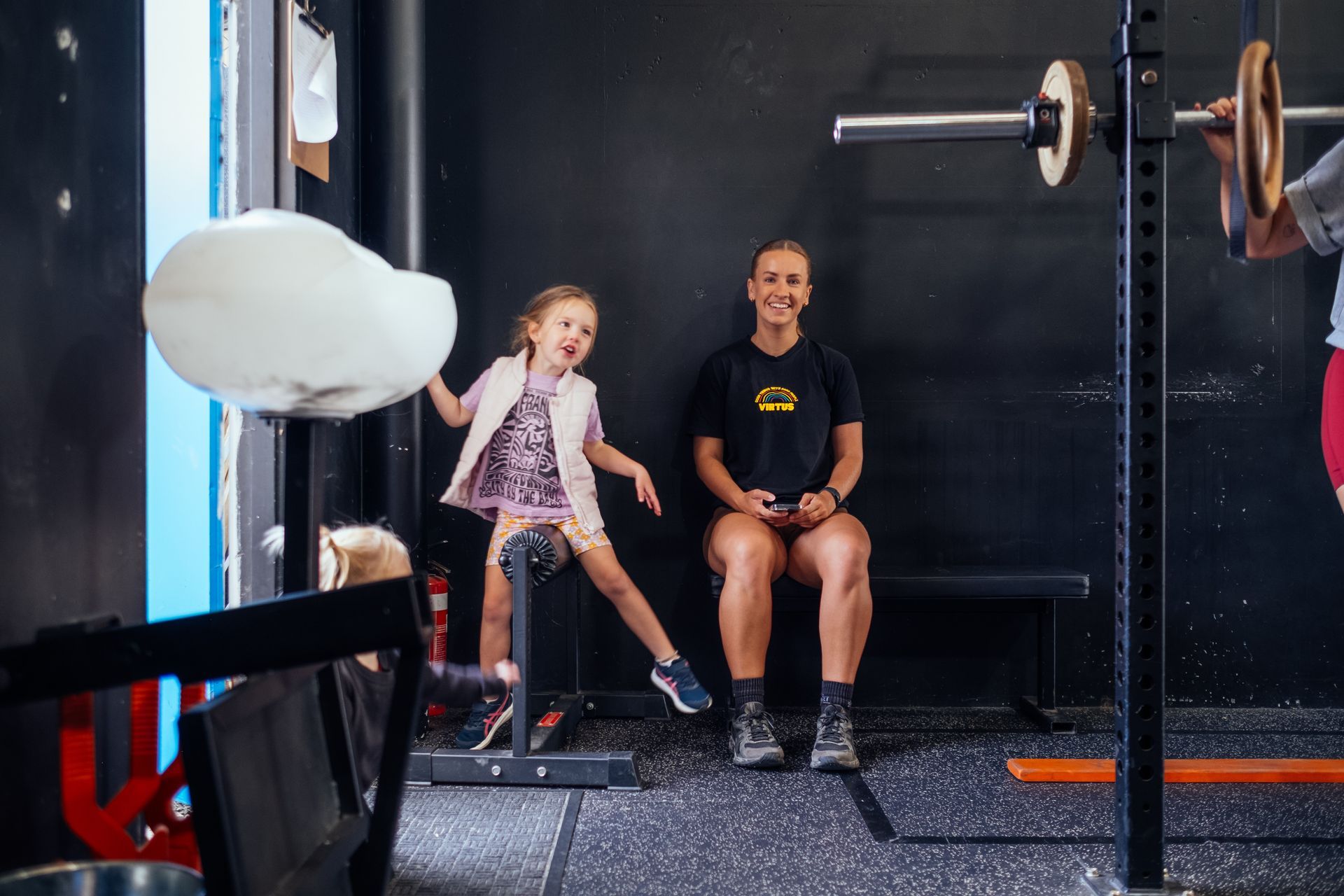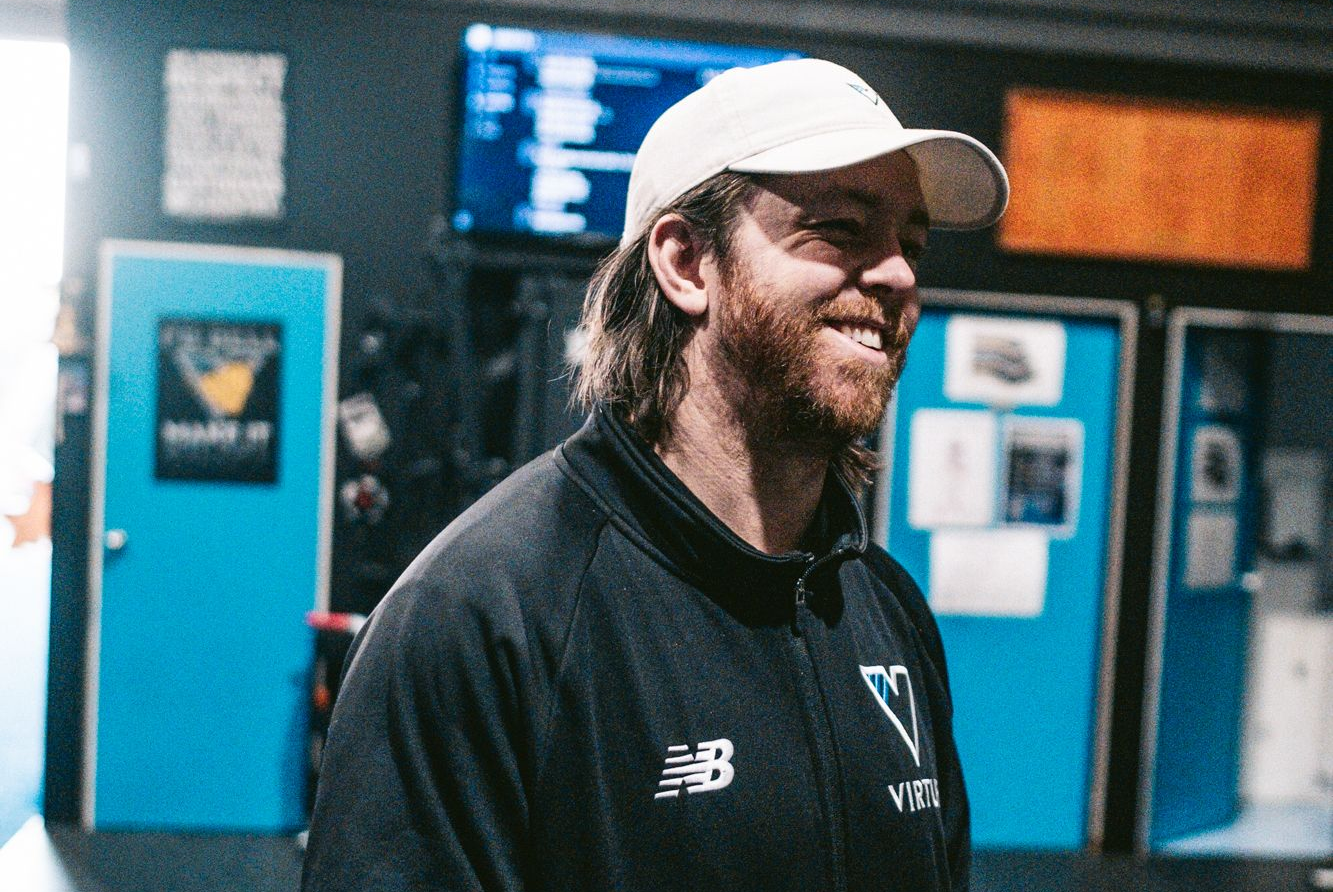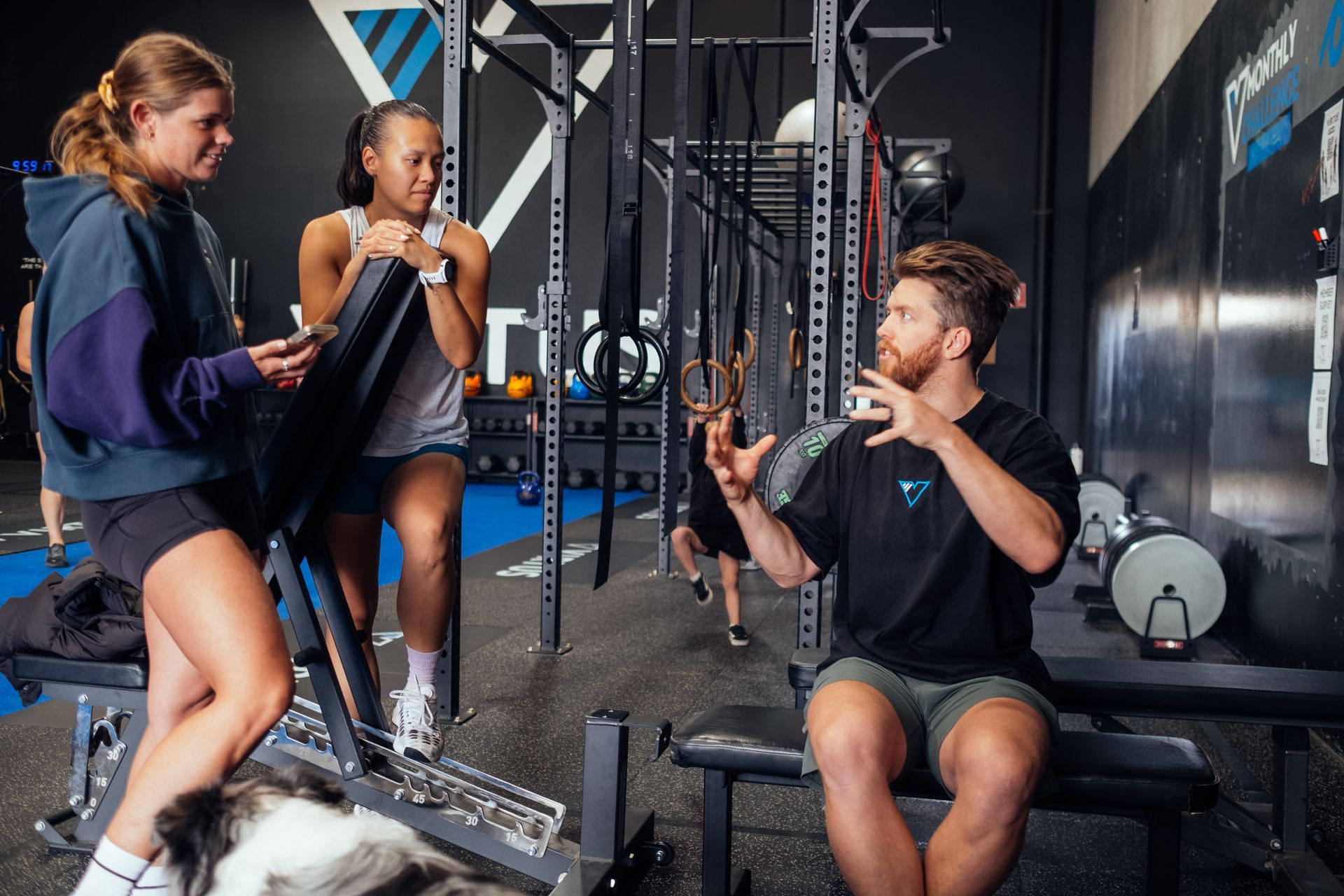The Virtus Podcast: My 10 Most Memorable Episodes
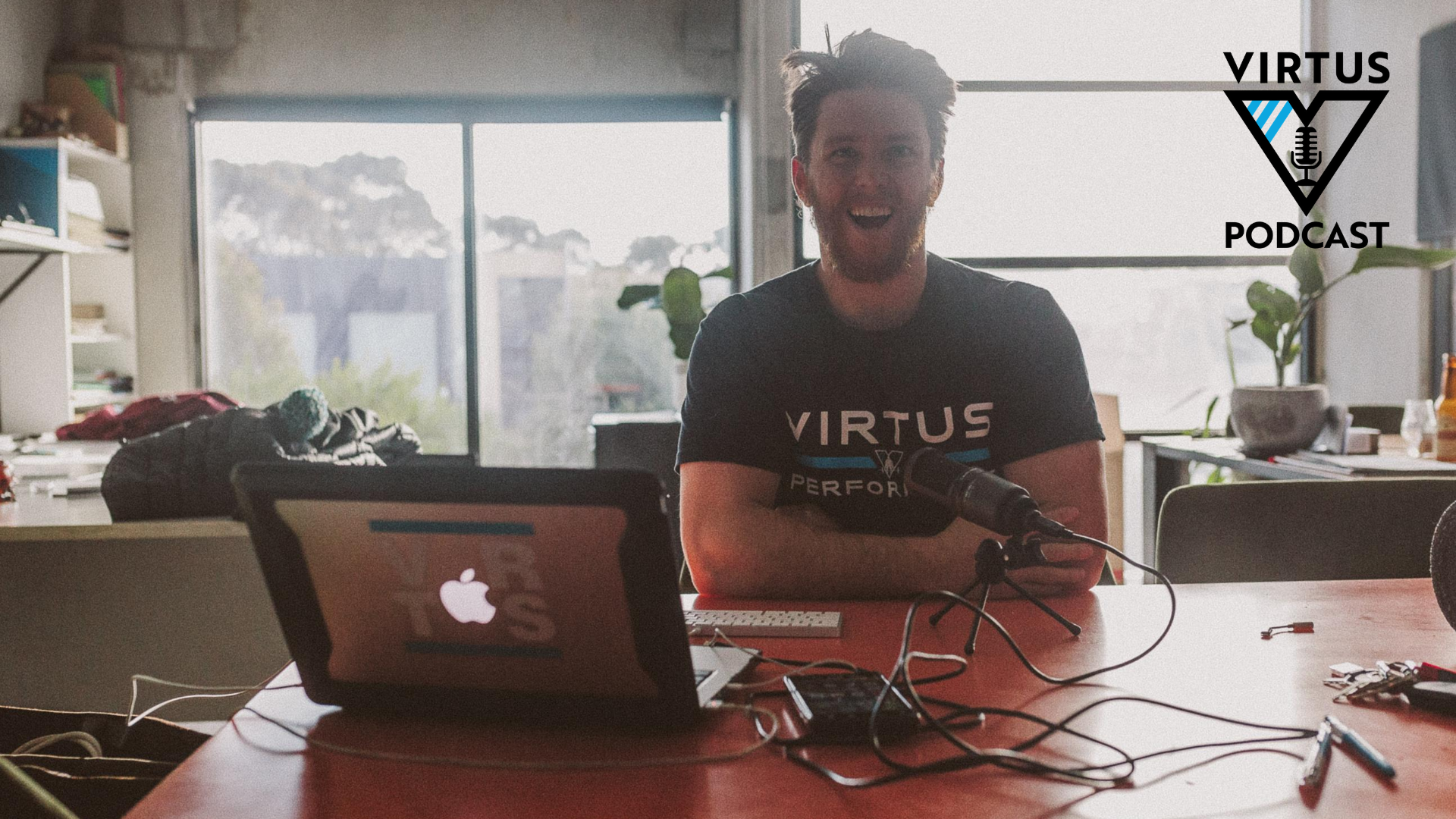
On the 12th of June 2017, a little over 3 years ago, I vividly remember pressing record on the voice memos app to record what would be the first Virtus Performance Podcast.
Listening back now, the first episode was rubbish, but when I finished rambling, I made a commitment then and there that I would record and upload an episode a week for the next 12 months.
On the 3rd of June 2018, I sat down with 6 of my favourite humans, to record a Birthday Episode which was both the realisation of the goal I?d set a year earlier, and the justification for taking the plunge to reach out to ?regular? people, to hear their extraordinary stories.
Initially, the podcast was more about self-accountability than anything else, I certainly didn?t understand the impact these weekly conversations would have on my development & day to day existence. I look back now and the relationships that this has fostered, and the conversations that have been had are some of the most impactful and memorable of my life.
As I sit here writing this on the 12th of August in 2020, the journey I?ve been on with the podcast fills me with a flood of pride and appreciation. I?m proud that I was able to and I am immensely grateful and appreciative of each and every guest for allowing me (and our listeners) to share time, space and conversation.
It was about time we called time on Season one (115 episodes in), so a few weeks ago we embarked on the next chapter of the podcast.
Season Two began with a new format and 10 episodes of intention, based around how to overcome adversity and set ourselves up for success during these challenging times.
So here goes, a good old fashioned countdown of my 10 most memorable episodes. These are the conversations that I remember the most vividly, most aren?t in the top 10 in terms of downloads, but in terms of the impact they had on me, these are the cream of the crop. If you?re looking for somewhere to start, or you?re a seasoned campaigner, these are not to be missed.
I?ve included a little tidbit and part of the original bio for each episode below & the original cover art.
I would love to hear your feedback & which episodes you found the most valuable.
Drumroll please?
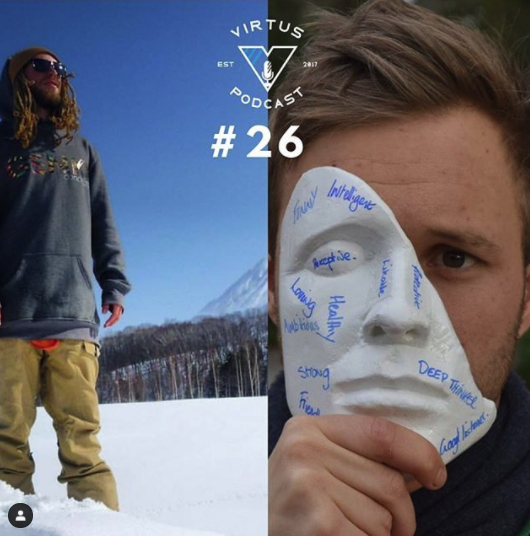
10. #26 Daniel Aitchison & Ed Wischer
: Dan has been one of my best mates for the last decade, he was a ring-in to this podcast and it made for a ripper conversation about how we can choose to live our lives:
Daniel is a Professional Ski Bum (own words) who follows the snow around the world, whilst Ed works in sales and is the man behind The Human Happiness Project. These are two humans who are living opposite existences, and on the surface, couldn't be any more different. However, as the conversation continued, many similarities began to pop up. They are philosophically on the same page, yet polar opposites when it comes to how they live their lives.
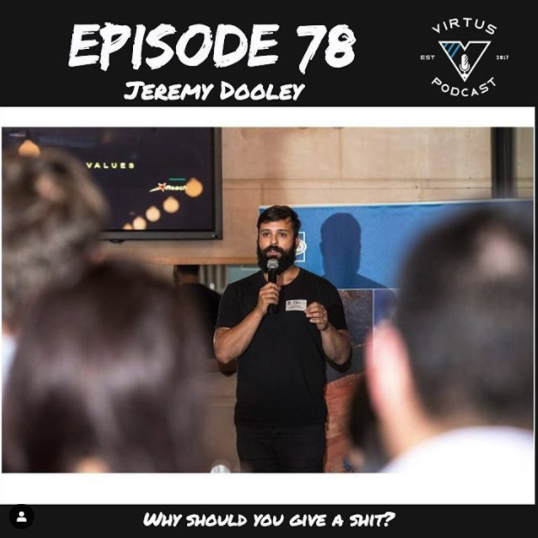
9. #23 & #78 Jeremy Dooley : I never leave a chat with this great man without feeling like I am capable of anything. These two conversations are centred around purpose and cultivating the change you want to see in the world. I first met Jeremy (aka Dools) at the Holden Centre during our days at Collingwood Football Club. He is someone with many more layers than first meets the eye. He has been an incredible role model to me and someone who left an incredible impact during his time at the club. Now, Jeremy specialises in High-Performance Teams and Cultures: He is a dynamic and versatile facilitator with 17 years of experience in developing and delivering cutting-edge content.
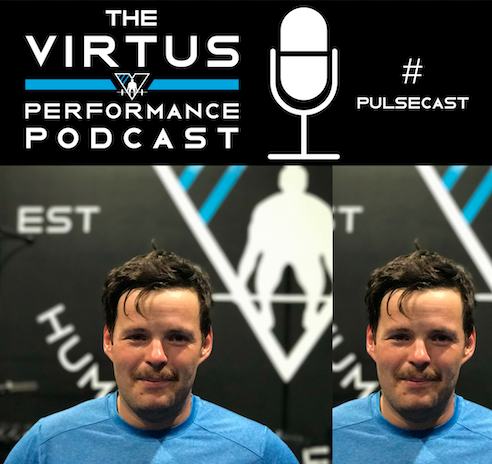
8. #5 Jarryd Palser : One of the first episodes I ever did on the podcast and this one sticks with me. Moo has been through some pretty epic changes and challenges and his ability to get the work done is legendary. He also features on a number of other podcasts and interviews me for episode 19 . In episode #5 i sat down with Jarryd Palser and discussed his weight loss journey, his achievements with Marathons and Ironmans, his stubbornness and his role as an educator. "He was once 140kg, now he is an ironman" Pulse is one of my favourite humans and after this you'll understand why.

7. #57 Susan Bell: I coached Suz in the gym for a few years and every session I was left with a an elevated belief of what we are capable of after hearing more and more of Suz?s story. I was stoked to finally get her in a room to sit down and share the whole shebang. It certainly didn?t disappoint. This human is one of the most resilient humans I have met. I feel incredibly grateful that she has all Suz is a former Nurse of 10+ years, Mum or two, Personal Trainer and has been through a couple of brain surgeries and come out with a big smile on her face... as you do. If you have any interest in getting the most out of yourself, this is probably the episode to listen to.
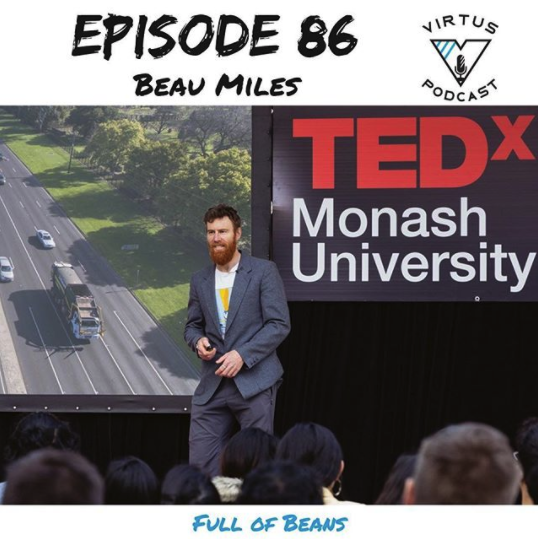
6. #22 & 86 Beau Miles: Beau is the kind of bloke that everyone wants to have as a best mate. He is an educator and adventurer and his unique outlook on life has brought him worldwide acclaim via his filmmaking and storytelling. Beau is someone who i have admired from a distance for a little while. After watching his movies over the past few years i was inspired by his sense of adventure and ability to find that adventure and reinvent it in his own backyard.
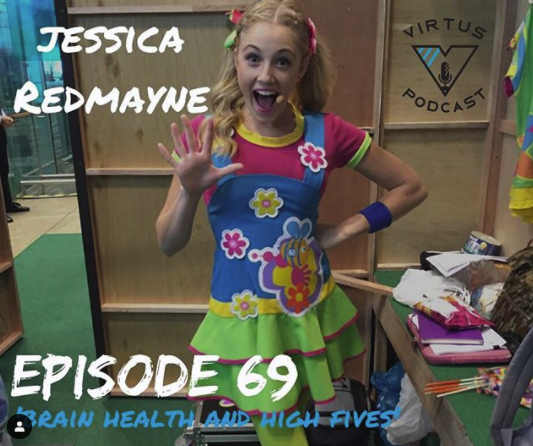
5. #69 Jess Redmayne: This was a very special conversation, there were tears (mostly mine) as we had a chat about Jess, her career and the impact her Mums dementia diagnosis has had on her and her family. A must listen. Meet Jess, one of those people who you look at, hear from and you just know that she is making the world a better place. This conversation is a little different from others. Yes, we touched on Jess's story. Growing up a performer to being a member of Hi-5 and a star on the TV Show 800 Words. But that wasn't the point of this conversation. That was to raise awareness of Brain health and more specifically Dementia. Jess's Mum was diagnosed 5 years ago, throughout that time Jess and her family have learnt all about the harsh reality of living with dementia. We dove deep, there were tears, but this is a story more people need to hear.
Recent Blog Posts

